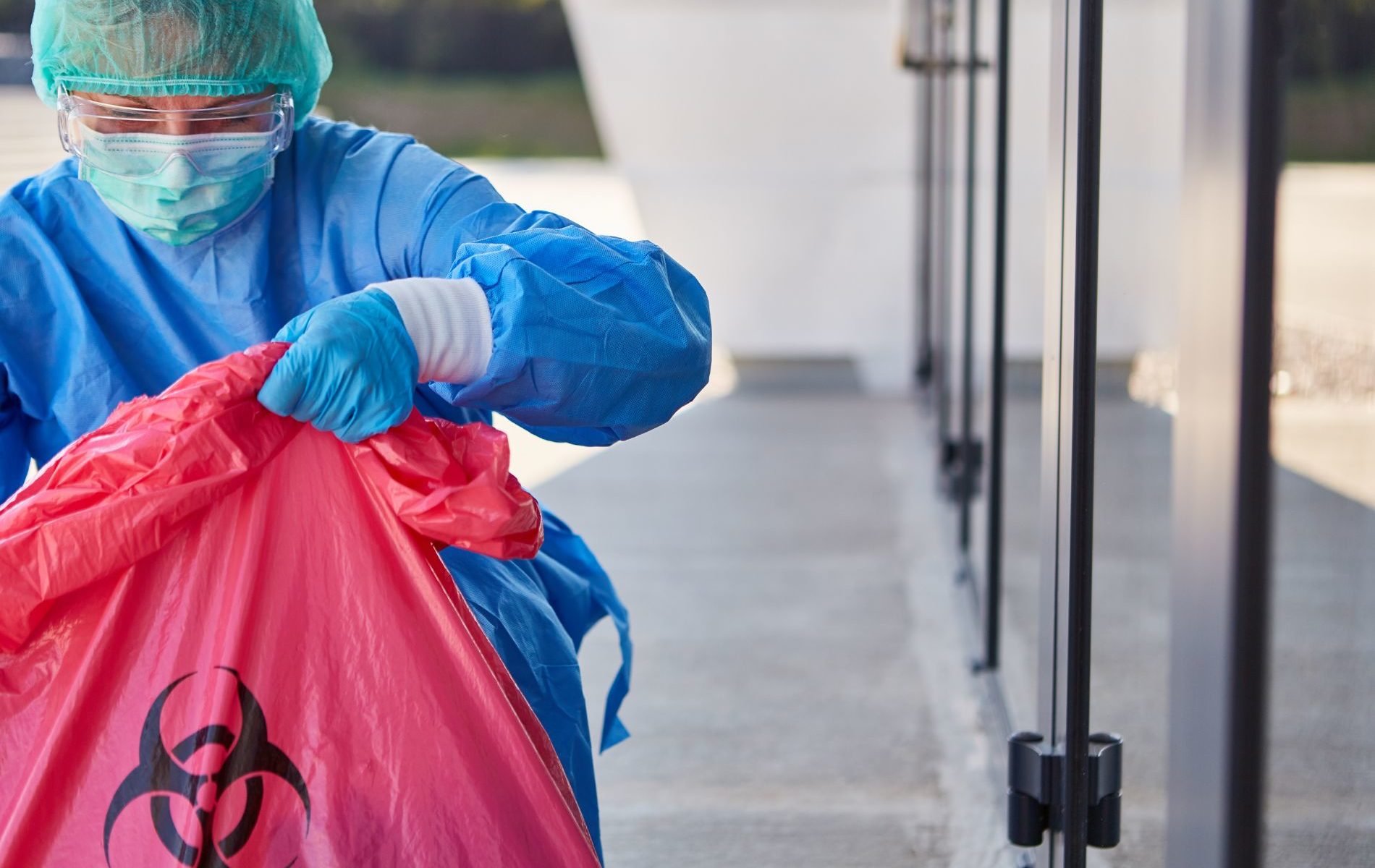Get This Report about Reclaim Waste
Get This Report about Reclaim Waste
Blog Article
The Single Strategy To Use For Reclaim Waste
Table of ContentsThe smart Trick of Reclaim Waste That Nobody is Talking AboutThe Buzz on Reclaim WasteHow Reclaim Waste can Save You Time, Stress, and Money.The Greatest Guide To Reclaim WasteGetting My Reclaim Waste To Work
Domestic sewage waste refers to the waste and items from a household septic storage tank. The correct monitoring and disposal of domestic sewer waste call for fluid waste to be transferred to a sewer therapy plant where the proper techniques and tools are used to purify and dispose of waste.
Industrial waste usually includes prospective threats, such as combustible materials or a mix of fluid and strong waste items, and calls for an advanced and detailed disposal process. The disposal of industrial waste commonly entails the filtration of waste before transportation to make sure risk-free and correct disposal. Hazardous waste is created from byproducts and runoff of industrial processes and production.
This kind of waste can not use the exact same sewage administration transportation or processes as septic or industrial liquids. The industrial waste management process requires the evaluation and screening of fluid waste prior to it goes through the disposal process (liquid waste removal). Overflow waste is the liquid waste that comes from runoff and excess stormwater in highly booming locations or cities
Runoff waste can cause contamination and flooding if not managed effectively. Making sure appropriate waste administration can prevent disasters and reduce ecological damage.
The Of Reclaim Waste
Get in touch with PROS Services today to find out about our waste administration and disposal solutions and the appropriate means to care for the liquid waste you produce.
(https://www.goodreads.com/user/show/183557660-leon-aube)Do you know what happens to your water when you end, flush the commode or drain the cleaning maker? No? Well, it's worth recognizing. This supposed 'wastewater' is not just a crucial resource however, after treatment, will be launched to our land, waterways or the sea. Used water from commodes, showers, baths, kitchen area sinks, washings and industrial procedures is referred to as wastewater.

water utilized to cool down machinery or clean plant and devices). Stormwater, a form of wastewater, is overflow that moves from agricultural and metropolitan locations such as roofings, parks, yards, roads, paths and seamless gutters into stormwater drains, after rain. Stormwater moves untreated directly to neighborhood creeks or rivers, eventually reaching the ocean.
Not known Incorrect Statements About Reclaim Waste
In Queensland, the majority of wastewater is treated at sewer therapy plants. Wastewater is carried from domestic or industrial sites through a system of sewers and pump stations, known as sewerage reticulation, to a sewer therapy plant. City governments construct, keep and run most sewer therapy plants. Operators are certified under the Environmental Defense Act 1994 to release cured wastewater at an appropriate ecological criterion right into rivers.
The Department of Natural Resources encourages city governments regarding handling, operating and maintaining sewerage systems look at here and treatment plants. In unsewered locations, local governments might need householders to mount private or family sewer treatment systems to deal with residential wastewater from commodes, cooking areas, washrooms and laundries. The Division of Natural Resources authorizes using household systems when they are proven to be effective.
The majority of stormwater gets no treatment. In some new communities, treatment of some stormwater to remove litter, sand and crushed rock has begun utilizing gross pollutant catches. Wastewater treatment takes place in 4 phases: Eliminates solid issue. Larger solids, such as plastics and various other items incorrectly released to sewers, are gotten rid of when wastewater is passed via displays.
Makes use of small living microorganisms recognizes as micro-organisms to damage down and remove remaining liquified wastes and great particles. Micro-organisms and wastes are integrated in the sludge.
Getting The Reclaim Waste To Work
Nutrient elimination is not available at all sewage treatment plants because it needs pricey specialist devices. It is ending up being more common in Queensland. Clear fluid effluent generated after therapy might still have disease-causing micro-organisms. If this effluent is launched right into rivers such as rivers or the sea, the micro-organisms will ultimately die out.

A lot of wastewater moves right into the sewerage system. Under the Act, regional federal governments provide authorizations and licences for eco relevant activities (Periods) involving wastewater launches that could have a regional impact.
The 7-Second Trick For Reclaim Waste
Surveillance gives valid details about water top quality and can validate that permit problems are being fulfilled. The details acquired with tracking supplies the basis for making water high quality decisions.
Report this page